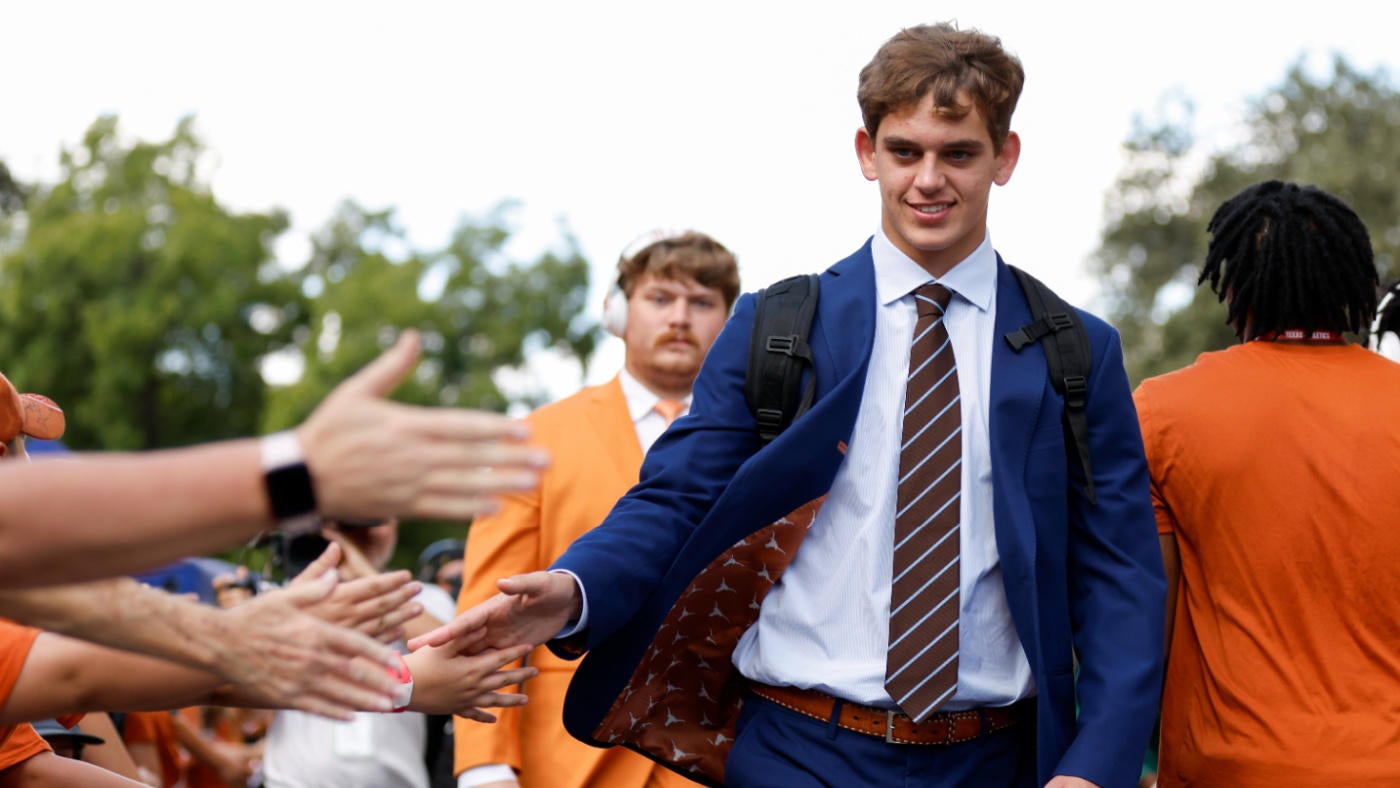HONOLULU —Genelle Jucutan-Puga, a United Airlines flight attendant from Oahu, sounded serious as she yelled, “What do we want? Contract! If we don’t get it — shut it down.” HONOLULU —Genelle Jucutan-Puga, a United Airlines flight attendant from Oahu, sounded serious as she yelled, “What do we want? Contract! If we don’t get it — shut it down.” Jucutan-Puga and other union members picketed Wednesday at Daniel K.
Inouye International Airport as part of systemwide Day of Action picket called “Unleashing our Power” that took place at 19 airports. She and other union members showed strong approval when Kevin Batey, local executive council (LEC) president of United Airlines Council 14, announced that 91 percent of the Association of Flight Attendants’ 28,000 members had participated in a strike vote and that 99.9 percent voted to give the bargaining committee the power to call for a strike.

Jucutan-Puga, a single mother who gave up two-thirds of her pay when she left a job as a human resources manager to become a flight attendant, sees the irony of picketing after spending 10 years in a pro-company role. She loves her career change, but said “sometimes you really do have to fight for what you need from an employer.” “I’m really, really hoping that United will see that our flight attendants mean business.
We need a contract, we needed it yesterday,” Jucutan-Puga said. “(The strike vote) is more like a signal to the company that we are prepared to do this — 99.9 percent of us said, ‘Yes,’ and we will be united to go on strike if we can’t get a contract.
” That doesn’t mean that United flight attendants are poised to walk off the job like Hawaii’s United Here Local 5 hotel workers, who approved a strike vote Aug. 8 for the Sheraton Kauai Resort and seven Waikiki hotels: the Hilton Hawaiian Village Waikiki Beach Resort; Hyatt Regency Waikiki Beach Resort Moana Surfrider — a Westin Resort Spa; The Royal Hawaiian, a Luxury Collection Resort; Sheraton Princess Kaiulani; Sheraton Waikiki; and the Waikiki Beach Marriott Resort &Spa. Local 5’s bargaining committee has the power to call for a strike immediately and put 5,000 Hawaii hotel workers on the picket line.
While the vote makes a United flight attendants strike possible, the Railway Labor Act prevents an immediate airline strike, ensuring that Hawaii travelers will not face an airline strike over the busy Labor Day weekend. However, they might run into striking hotel workers if they are headed for the Sheraton Kauai or to Waikiki, where union workers at seven hotels already have signed up for strike slots and made more than 5,000 picket signs. United said in a statement, “We continue to work toward an industry-leading agreement for our flight attendants, including negotiations this week and every month through November.
Both sides have been actively engaged in these negotiations facilitated by the federal mediator requested by the union. We remain eager to reach an agreement. “To be clear, there is no work stoppage or labor disruption.
Instead, off-duty flight attendants are exercising their right to conduct an informational picket,” United said. “Federal law bars a strike until after a lengthy process that includes a release from mediation, which can only be granted by the National Mediation Board.” Before striking, United flight attendants must ask the mediation board to declare that negotiations are deadlocked and release both parties into a 30-day “cooling off” period.
Even after that, the White House or Congress, or both, could intervene. For example, President Joe Biden in 2022 signed a bill to block a railroad strike. Batey said the union has not yet asked the mediation board for a cooling off period.
But he said the union did file for federal mediation with the mediation board nearly eight months ago and has been working under an amendable contract for nearly three years. Batey said the strike vote is the first time since United’s 2005 bankruptcy negotiations that its flight attendants took a strike authorization vote, and its approval rate reflects continued frustrations in current contract negotiations. United flight attendants are seeking a significant double-digit base pay increase, increased pay for time at work including on the ground, retroactive pay to the amendable date, schedule flexibility and work-rule improvements, job security, retirement and more.
“Our message is that, ‘the concession stand is closed,’” said Batey, who has worked as a United flight attendant for decades. Jucutan-Puga carried a sign that said, “Ground time pay leads the way,” referring to the push for ground compensation to ensure flight attendants are paid for all of their time at work. Batey said strike vote authorizations in the past have raised the union’s bargaining power, and created momentum.
“They moved negotiations forward at Alaska, Southwest and American airlines. Within four months, they got tentative agreements at all three of those airlines,” he said. Batey said a reason is the threat of the Association of Flight Attendants-CWA’s trademarked Create Havoc Around Our System (CHAOS) strategy of striking and other disruptive work actions that could could affect the entire system or a single flight.
He said United should take the threat of a strike seriously “because it’s out of their control.” Batey said a mediator could say, “‘You know, you guys, you aren’t going anywhere here. It seems like you aren’t making any progress.
We are going to release them.’” He added “that’s not our decision and that’s not the company’s decision. That’s completely up to the mediator.
” Strike votes, especially in recent times, are far more common than strikes. But U.S.
Sen. Bernie Sanders (I, Vt.), chair of the Senate Committee on Health, Education, Labor and Pensions, and 31 other senators, sent a letter to the mediation board on June 12 urging them to use the tools at their disposal, including releasing parties from mediation as necessary, to resolve long-pending contract negotiations.
“Unfortunately, it seems airline carriers do not feel pressured to reach agreements quickly, likely because the flight attendants’ ability to strike has rarely been allowed to be exercised,” the letter said. “Since 2006, the NMB has only released airline workers to strike twice — most recently, Spirit Airlines Pilots in 2010 — compared to dozens of instances in the 1980s and 1990s. We are concerned that this fact has contributed to the present pattern of unending negotiations and that many carriers are taking advantage of the situation.
” U.S. Sen.
Mazie K. Hirono (D, Hawaii) also signed the U.S.
Senate letter, which followed a May 14 letter to the mediation board sent by 178 members of the U.S. House.
That letter was signed by U.S. Rep.
Ed Case (D, Hawaii) and U.S. Rep.
Jill Tokuda (D, Hawaii). The House letter said, “We know that over 100,000 flight attendants are currently in contract negotiations, many of whom are working under the terms of contracts that are now several years past the contract amendable dates. Furthermore, many of these workers were on the front lines throughout the COVID pandemic and made countless sacrifices to keep their companies financially afloat, and it is important that they are able to reap the benefits of the collective bargaining process in a timely manner.
” The letter continued, “We are also concerned that the reason for these increasingly prolonged negotiations is due in part to the recent inability of workers to avail themselves of self-help options to facilitate labor disputes. It has long been understood that the best way to achieve labor peace is through collective bargaining backed by the threat of ‘self-help’ for both parties, including the right to strike for workers.” While airline strikes are rare in modern times, many in Hawaii still remember the United Airlines pilots strike of 1985, which had a substantial and cumulative effect on Hawaii’s economy, as did the 1990 and 2018 Local 5 hotel workers strikes.
The threat of an airline strike along with a hotel strike raises the risks for Hawaii’s tourism-dependant economy. Hawaii’s visitor industry still is grappling with the continued downturn from the Aug. 8, 2023, Maui wildfires, which interrupted the state’s recovery after the COVID-19 downturn.
Mario Jimenez, a repeat visitor from Los Angeles, was watching the United labor action while checking in for his return flight. When asked if the action concerned him, he said. “Not at all.
They are fighting for their own rights — it happens all over America and the world.” But if it came to a strike, Jimenez said, “of course,” he would be hesitant to book United. A slowdown in United bookings to Hawaii could have a serious impact on statewide tourism.
Hawai‘i Tourism Authority data shows that United is the No. 2 airline this year after Hawaiian Airlines in terms of trans-Pacific seats on scheduled nonstop flights from the U.S.
and Canada into Hawaii. Hawaiian has nearly 2.76 million scheduled seats and United has nearly 2.
45 million scheduled seats. When it comes to the number of scheduled trans-Pacific nonstop flights from the U.S.
and Canada, HTA data shows that United’s 9,399 flights make it the third-largest carrier serving Hawaii. In comparison, Hawaiian is No. 1 with 11,697 flights and Alaska is No.
2 with 9,664 flights..



















